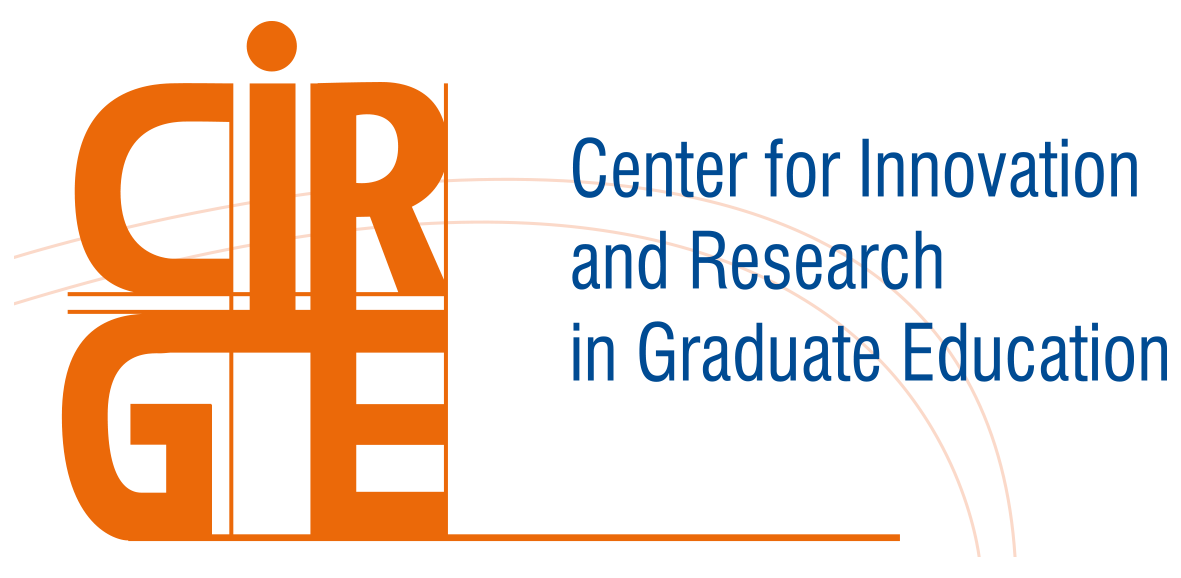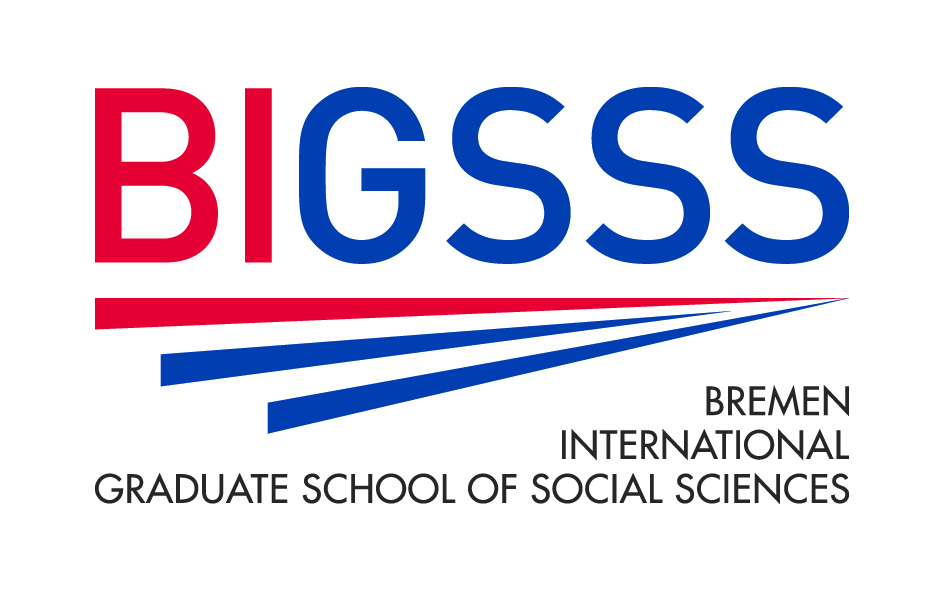The 2019 Conference
Dear Visitor,
The goal of the 2019 Hanover Forces & Forms conference is to work together on policy
recommendations for doctoral education across our diverse continents and across
diverse doctoral systems in order to contribute to a more just and inclusive world.
We hope to achieve this not by homogenizing differences but rather by actively
learning from each other, striving to create a future that prepares the next
generation of leaders, scholars, engaged citizens, and funders of doctoral education.
Our goal is to encourage them to act courageously in both a positively configured and
simultaneously constrained context. This context has more transparency, due to social
media, but also holds anti-democratic tendencies of digitalization, more research and
knowledge about climate change and its drastic effects, a new wave of nationalism and
hate speech, but also brings more awareness of the need for effective integration
and the importance of wellness among us all, especially this next generation.
In preparing for this conference, we have formed five groups with experts
coming from different countries across the world, across disciplines, and ages.
These working groups assessed doctoral education from different approaches: a system,
an institutional, a political, an economical (labour market) and a philosophical/ ethical approach coming with their
respective country lenses. In each group, senior scholars and experts in doctoral
education, together with early career researchers (ECRs), actively collaborated in
the development of these assessments and draft policy recommendations. ECRs are
advanced doctoral students, postdocs, or other PhDs who are within 5 years of degree
completion. We will present both of these to you at this conference. We are looking
forward to an interactive conference process in which you can directly participate
and provide feedback through small group discussions and interactive technology.
We, the more senior scholars among the planning team, are aware that the next
generation of PhDs may not necessarily accept our recommendations, and therefore
we are keen to learn your reactions and feedback during the conference This conference
is dedicated to the next generation of doctoral candidates and their teachers, as well
as policy makers. We understand that in many countries doctoral candidates/students
and postdocs are anxious about the future, which during
the last decades, has become seemingly more uncertain, complex, and complicated.
We hope that our critical reflective thinking about doctoral education across
various continents will provide hope for a future in which you and your peers
can advance with analytical openness, creative thinking, and intellectual
risk-taking — even when nationalistic agendas are more prevalent, or funding of
doctoral students is uncertain, regardless of whether you are from Africa, Asia,
Australia, Latin America, Europe, or North America; whether you study engineering,
natural sciences, or the humanities; and whether you study in structured doctoral programs, individually
with a doctoral supervisor/advisor, or in a cotutelle, joined, or dual program.
You will need to solve future problems and move your societies forward to a more just,
inclusive, and humane world in this newly configured and constrained context. We
hope this conference provides you with as much confidence and support to meet these
challenges successfully, without competing against each other, and
by forming new networks for future collaborations.
Maresi Nerad, David Bogle, Andreas Breiter, Conor O’Carroll, Ulrike Kohl, Christian Peters, Beate Scholz
September 2019





